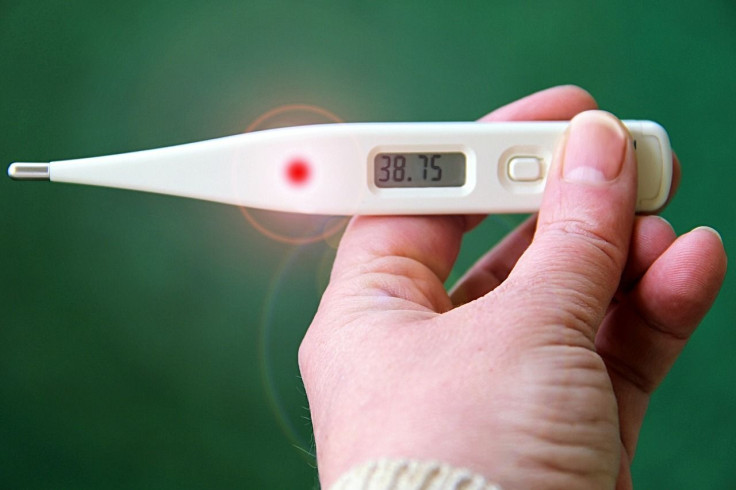More Than A Sore Throat: Severe Case Can Signal Serious Condition

KEY POINTS
- A sore throat is a common health problem
- When it becomes severe, it could signal a worse condition
- The patient could be suffering from a viral infection called glandular fever
Having a sore throat is common. Oftentimes, the primary recourse is to go for home remedies to help clear the itchy throat. However, there are instances when the condition becomes worse. At this juncture, you need to be more vigilant because a severe case of sore throat could signal a serious health problem.
According to an Express report, sore throats are at an all-time high in the UK, especially during the cold season. Oftentimes, a couple of over-the-counter medicines or home remedies will do the trick. However, when the sore throat is accompanied by fever, it could be something else.
Glandular Fever
This type of fever is a viral infection that often affects teenagers and also young adults. While this illness can get better without treatment since viral infections will just go away on their own, the symptoms can readily disrupt your daily routines.
With glandular fever, you would feel a host of symptoms. Aside from the itchy sore throat, you may experience having a very high temperature, or you would feel really hot. You may also suffer from swelling at the side of your neck. At times, it would make you feel shivery.
As much as you would like to get up, the illness will cause you to feel exhausted. Tonsilitis is another symptom of glandular fever. The moment that you experience any of these symptoms, it would be best to see your general practitioner.
What You Can Do
Since it is a viral infection, antibiotics will not cut it. Your doctor will most likely recommend certain self-help processes that could alleviate the symptoms.
For one, you would need to take a good rest and sleep. This will help the body in recovering from the disease. It will also help strengthen your weak body. Make sure that you also drink lots of fluids. This will help you avoid dehydration. Remember that during fits of fever, the body is prone to becoming dehydrated, and the only way to combat this is to have plenty of fluids.
Lastly, you can take paracetamol or ibuprofen. Remember not to give aspirin to children who are under 16 years old. Once you start feeling better, you can resume your daily routine.
© Copyright IBTimes 2025. All rights reserved.





















